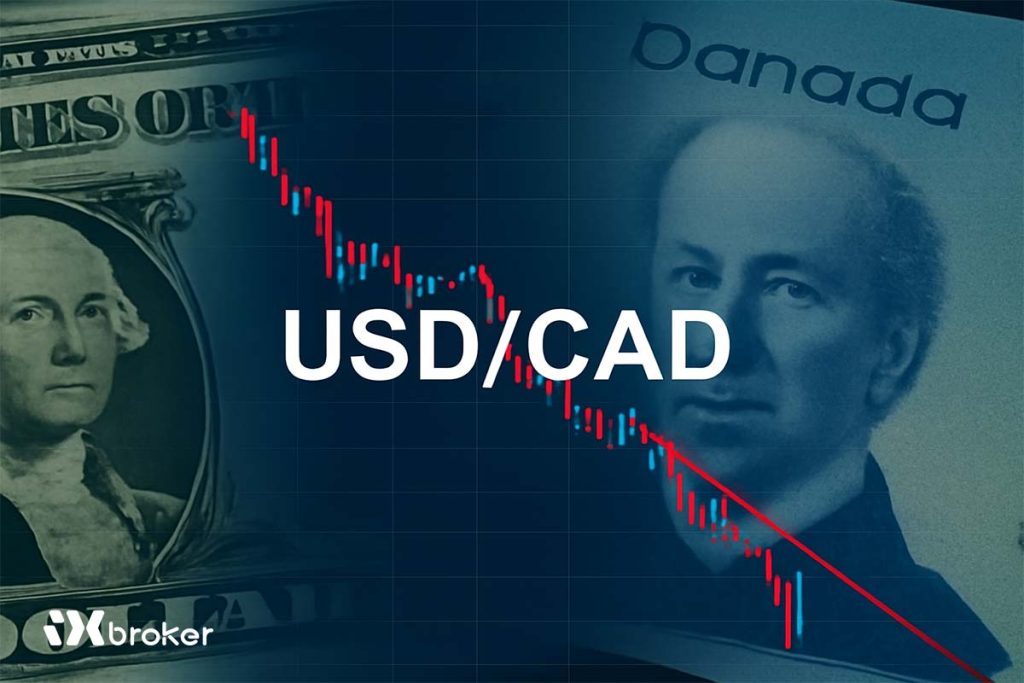Nvidia once again beat Wall Street expectations in its latest earnings report, reaffirming its role as one of the most influential names in the AI and semiconductor boom. As a member of the “Magnificent Seven”—Nvidia, Apple, Amazon, Alphabet, Meta, Microsoft, and Tesla—the chipmaker remains a dominant force in driving S&P 500 performance.
But financial experts say focusing on Nvidia alone may leave investors exposed to unnecessary risk.
Why investors should look beyond a single winner
A recent survey by the BlackRock Foundation and Commonwealth shows that more than half of low- and moderate-income American households are now investing to secure their financial future. Yet many new investors cite one major obstacle: uncertainty about what to buy.
David Krakauer, vice president of portfolio management at Mercer Advisors, argues that investors shouldn’t stop at one standout stock like Nvidia. Instead, they should identify what they believe drives long-term equity returns – profitability, value metrics, momentum, or other factors – and then look for many stocks that share those same characteristics.
“If you think certain fundamentals define the outlook, why limit yourself to just a few stocks?” he says. “Why not buy 10, 20, 30, even 100 stocks that meet your criteria?”
Concentration increases volatility
Krakauer notes that holding only a handful of stocks significantly increases portfolio volatility.
“If we’re defining risk as standard deviation, then yes—having just seven stocks is riskier than a broader portfolio,” he explains.
Systematic market risk is unavoidable and often compensated. But idiosyncratic risk – the risk tied to one company – offers no reward.
Krakauer points to Tesla as an example: “Idiosyncratic risk is the possibility that Elon Musk wakes up and makes a wild decision. If you’re heavily concentrated in Tesla, that’s a risk you’re not being paid for.”
ETFs offer broad exposure with lower risk
For most investors, Krakauer recommends an approach centered on long-term financial planning. To meet goals such as retirement, he says diversified, low-cost ETFs are usually the most effective tools.
“You can do excellent research on an individual stock, and everything may align perfectly. But no one knows what a single stock will do in the next month or year. That’s why diversification across many holdings is essential.”
Tax efficiency is another advantage
Managing a portfolio of individual stocks also comes with tax complications. Krakauer notes that ETFs can help minimize these burdens.
Unlike mutual funds, ETFs rarely distribute capital gains. They also help investors avoid wash-sale restrictions, allowing tax-loss harvesting without triggering penalties.
“Using ETFs that can reconstitute the portfolio for you – without creating a taxable event – is absolutely key,” he adds.



